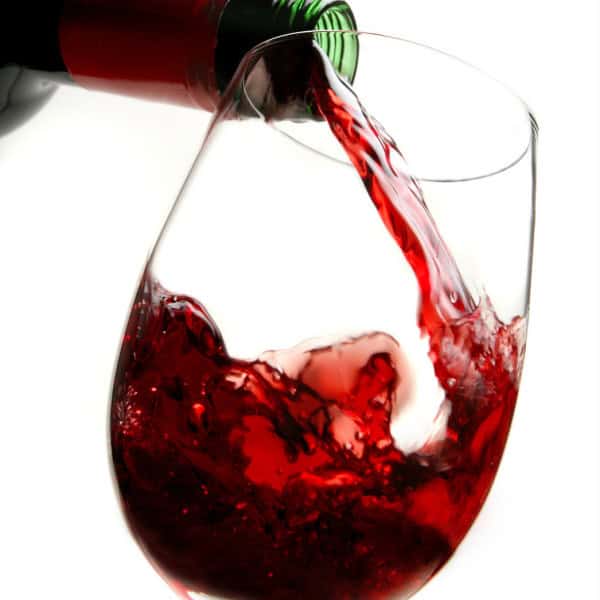Category: Alcohol
You May Not Have To Give Up Alcohol To Lose Weight!
Alcohol and weight have always seemed to have a bad relationship. A glass of your favorite wine after work or a nightcap with an old friend are usually the first things to go when we begin a diet. However, research as to why alcohol should stop during diets isn’t as clear as anti-alcohol diets make out.

Image Source: ehotelier.com/wp-content/uploads/2015/03/Red-wine-e1426742972813.jpg
Obviously, there are clear negatives to alcohol:
It is not always common knowledge that alcohol is loaded with calories. We subconsciously assume it isn’t as bad because it’s so easy to consume as opposed to eating a big burger or a plate of fries, but alcohol is just as bad- if not worse. The human body targets alcohol calories before the other calories (calories from extra ingredients in cocktails mainly)- the proteins, fats, and carbohydrates, which are stored in the body until needed. To balance out the calories, we need to exercise more or consume less of other calories.



